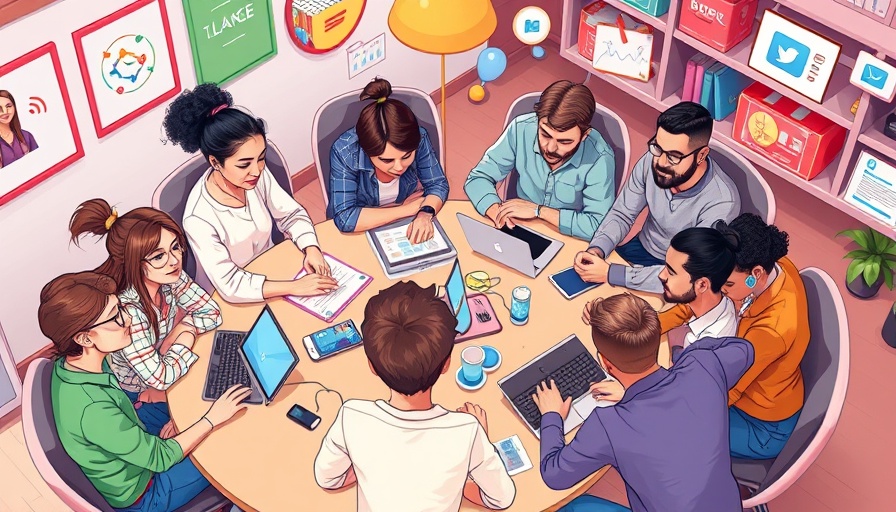
Exploring the Future of Work in Canada: Balancing Remote and In-Office Culture
The COVID-19 pandemic has radically transformed workplaces across the globe, with Canada emerging as a front-runner in adopting flexible work arrangements. In the evolving landscape of work, companies are grappling with the challenge of balancing the benefits of remote work with the traditional in-office culture. As organizations seek to foster an environment that prioritizes employee well-being while maintaining productivity, understanding the intricacies of remote and hybrid work models becomes essential.
Remote Work: A New Era of Employment
Remote work is defined as a labor arrangement where employees perform their tasks outside the conventional office environment, utilizing technology to remain connected. In Canada, this concept has gained momentum over the years, particularly during the pandemic when many companies were forced to adapt quickly. This shift has brought forth several advantages, primarily focusing on flexibility. With the ability to choose when and where to work, employees can better manage their personal and professional lives, thus achieving a healthier work-life balance. Furthermore, studies indicate that remote work can reduce stress levels and enhance productivity, as employees perform their duties in more comfortable settings.
Hybrid Models: A Balanced Approach to Working
The hybrid workplace model is rapidly gaining traction as the preferred method of operation in many Canadian businesses. This blended strategy offers the best of both worlds, allowing employees to enjoy the perks of working from home while still adhering to the organization’s culture. Data from a CBRE study revealed that 85% of workers favor a hybrid approach, seeking to work remotely a couple of days each week. Large enterprises are now considering hybrid policies as the new standard, demonstrating a significant cultural shift in the workplace.
Regional Variances in Remote Work Adoption
Interestingly, the adoption of remote work varies across Canada’s regions. A study by the C.D. Howe Institute forecasted that by the end of 2023, 26% of the Canadian workforce would be working from home at least part of the week. However, implementation rates can differ significantly between urban centers and rural areas, influenced by factors such as industry type and regional economic conditions. The emphasis on maintaining a cohesive corporate culture while enabling flexibility presents unique challenges for employers navigating these differences.
Human Connection: The Importance of In-Person Interaction
Another significant aspect of the remote work landscape in Canada is the necessity for face-to-face interaction. While technology has enabled seamless communication, the human touch is irreplaceable. Offices serve as hubs for collaboration, brainstorming, and team bonding. Organizations must strive to blend remote work flexibility with opportunities for in-person engagement to cultivate a robust corporate culture that keeps employees connected.
The Economic and Social Implications of Changing Work Dynamics
These evolving work arrangements also have broader implications for the Canadian economy and social systems. As companies embrace remote work, governments are tasked with creating sustainable frameworks that support workforce changes while also promoting economic growth. Addressing infrastructure needs, such as reliable internet access for remote work, will be crucial in ensuring equitable opportunities across all provinces and territories.
Conclusion: Embracing the Future
The push towards integrating remote work and traditional office environments presents not only challenges but also opportunities for growth and innovation. By fostering a flexible working culture while prioritizing employee well-being, Canadian companies can adapt to the future of work. As the journey unfolds, ongoing research and dialogue will be essential in shaping policies that promote both productivity and job satisfaction.
As we move forward, individuals and organizations must embrace the changing landscape of work, remaining open to new ideas and methodologies that promote efficiency and work-life balance. The future of work in Canada is not merely about where we work but how we create meaningful and sustainable employment experiences.
 Add Row
Add Row  Add
Add 




Write A Comment